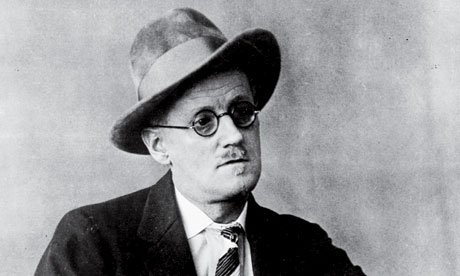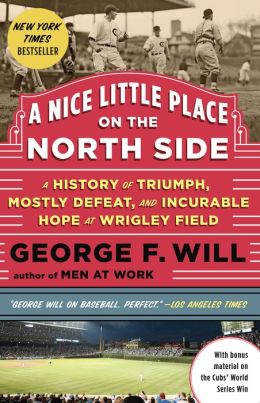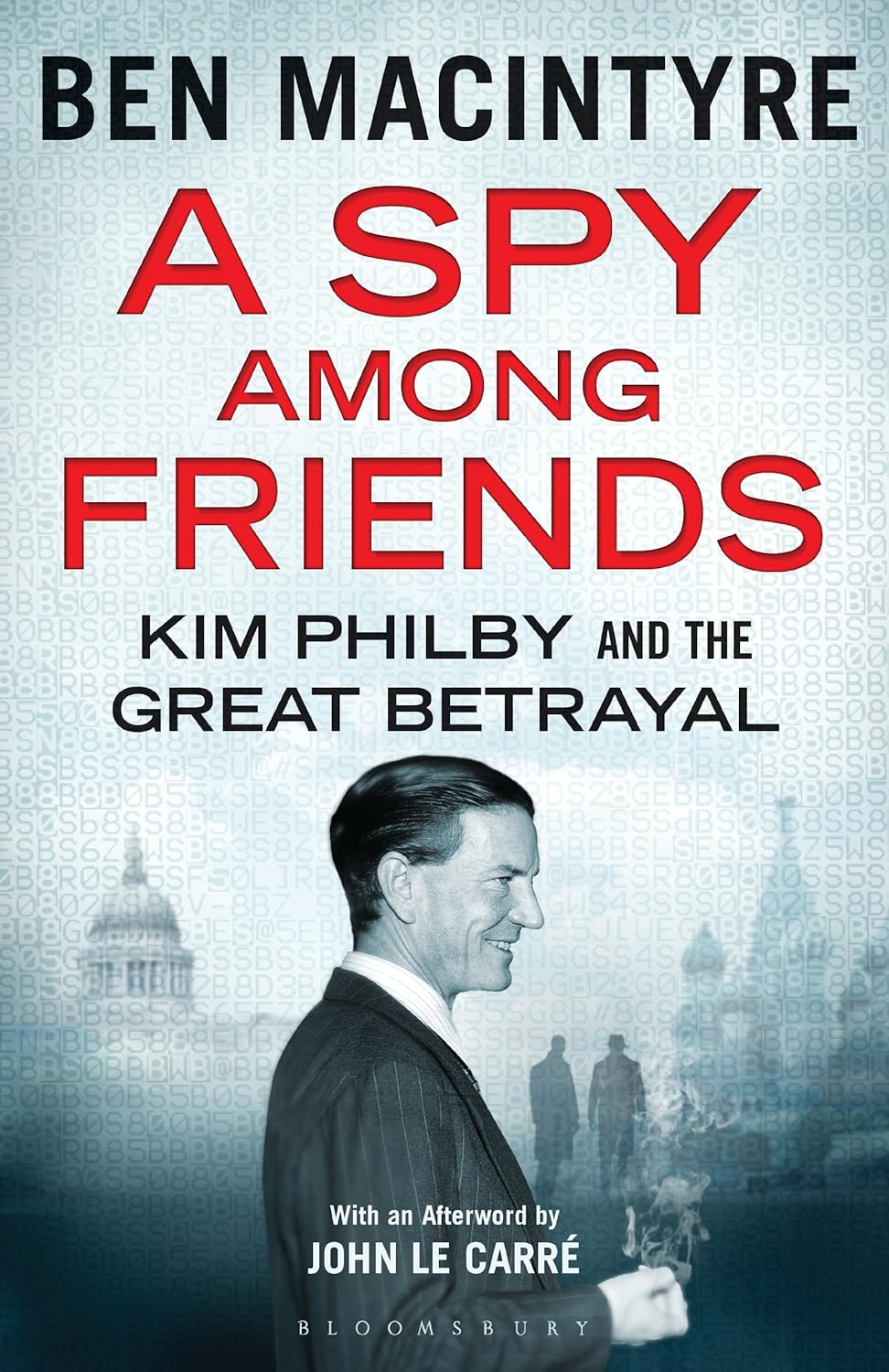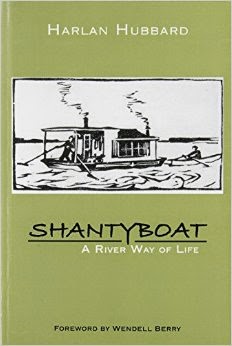David McCullough just demonstrated how little I knew about these two important brothers and their unknown sister. Almost everyone remembers that they made bikes and flew the first flight at a place called Kittyhawk. And that is all most of us know.
But there was much more to their story than waking up and telling each other, lets build a flying machine. They did research, they connected with the leading men in the small aviation world, and they did prototypes and gliders.
They not only built a plane, they also learned how to fly. They used gliders to hone their skill and they build small scale wind tunnels to test ideas. These men were engineers and scientists as well as the first pilots.
Then the big moment happens and the first reaction in the US was a yawn, but this did not discourage them. They believed in what they were doing and even though they had to travel to France to get the encouragement they needed and some financial reward, they knew that eventually the US would discover and act on their work.
Their persistence with their own time and their own money to build this plane was amazing and well documented in a McCullough classic. No write today does research better than this author and the writing is so clear and factual that you finish the book feeling like you know the subject.
Well organized and thorough, flight is the fourth character in this book, its early history and people like Langely who headed the Smithsonian and had lots of money and resources, but was secretive and did not share with the brothers and Octave Chanute, born in Paris, an American Civil Engineer, who did encourage and share his knowledge are part of the flight story.
Wilbur and Orville Wright almost come out as one character. They were so close and stayed that way, unmarried except to their project, we start to see the subtle differences in the two dedicated men.
And ultimately the cast of characters will have the man they hired to run the shop and do their mechanical engineering as well as the sister who takes a prominent role after the flight.
The final important character is their father, the bishop, who is in the background of the story, yet is the key to the inspiration through a toy he gave the boys when they were young.
Great read and







 I was disappointed. George Will is a strong baseball fan and some of his writing is excellent, but this is low on the list. As he says at the end he is gushing, but more than anything this story of Wrigley Field went in so many directions that it lost the most important direction - a narrative from beginning to end.
I was disappointed. George Will is a strong baseball fan and some of his writing is excellent, but this is low on the list. As he says at the end he is gushing, but more than anything this story of Wrigley Field went in so many directions that it lost the most important direction - a narrative from beginning to end.
 I have always been a fan of Sherlock and I knew of the antipathy of the author towards his star creation, so, of course, I have been curious about Sir Arthur Conan Doyle and this book answered all the questions.
I have always been a fan of Sherlock and I knew of the antipathy of the author towards his star creation, so, of course, I have been curious about Sir Arthur Conan Doyle and this book answered all the questions. 
 What a history book! Lets just get to it - what is the worst and dumbest decisions ever made, US, World,not the universe - yet. Axelrod not only writes a book that is easy to read, it is a book that is hard to put down. My God, what other dumb decision is there? From Custer to Katrina, from Rasputin to George W Bush we are treated to thoughtful essays that provide us with a great opportunity to see when leadership failed us.
What a history book! Lets just get to it - what is the worst and dumbest decisions ever made, US, World,not the universe - yet. Axelrod not only writes a book that is easy to read, it is a book that is hard to put down. My God, what other dumb decision is there? From Custer to Katrina, from Rasputin to George W Bush we are treated to thoughtful essays that provide us with a great opportunity to see when leadership failed us.




 This is a really fun series that deserves its own television production, like Longmire. I enjoy the characters, the sprinkling of Crow and Lakota history and beliefs and the landscape of the Greasy Grass (Little Big Horn).
This is a really fun series that deserves its own television production, like Longmire. I enjoy the characters, the sprinkling of Crow and Lakota history and beliefs and the landscape of the Greasy Grass (Little Big Horn).












